Summit approves climate "vision"
Leaders from the world's developed states and rising economic powers agreed a shared vision on climate change at the G8 summit.
Wednesday, 09.07.2008.
10:26

Leaders from the world's developed states and rising economic powers agreed a shared vision on climate change at the G8 summit. But no specific agreements have been announced, and India and China have reportedly dismissed the rich nations' target of halving emissions by 2050. Summit approves climate "vision" Leaders from eight emerging economies held talks with the Group of Eight rich nations on the final day of the summit. A U.S. official said the broad agreement represented progress. Jim Connaughton, chairman of President Bush's Council of Environmental Quality, told the Associated Press that the agreement "will give us greater confidence and commitments as we go to next year". The statement on climate was approved by the 16 nations on the third and final day of the summit in Toyako, northern Japan. Signatories recognised the need for "deep cuts" in global greenhouse gas emissions to fight global warming. But the statement stopped short of urging numerical targets for those reductions. The document describes climate change as "one of the great global challenges of our time". It adds that "leaders of the world's major economies, both developed and developing, commit to combat climate change in accordance with our common but differentiated responsibilities and respective capabilities". Global problems Japanese Prime Minister Yasuo Fukuda said the G8 leaders had demonstrated they were serious about tackling climate change. "It is the very first time ever that leaders of the major economies have got down to vigorous discussions on a broad range of climate-change-related issues, and I believe that the leaders have shown strong political will," he said. The BBC said the inclusion of eight emerging nations is an admission that G8 decisions on their own are no longer enough - global problems need global solutions. On Tuesday the G8 - which includes the UK, U.S., Canada, France, Germany, Italy, Japan and Russia - restated its "vision" of halving harmful emissions by 2050. Emerging countries and environmentalists were scathing of the announcement. Mexico, Brazil, China, India and South Africa challenged developed countries to cut their greenhouse emissions by more than 80 percent by 2050. A spokesman for the WWF's Global Climate Initiative called the G8 statement "pretty pathetic". Nuclear talks The summit has seen G8 leaders voicing concern about soaring oil and food prices, the situation in Zimbabwe, and the pace of aid being sent to Africa. But climate change has been one of the stickiest issues - with the G8's position receiving a volley of criticism from both environmentalists and developing nations. China's President Hu Jintao used his speech at the summit to urge all countries - particularly developed countries - to slash farm subsidies and trade barriers to calm soaring food prices. Hu was at the meeting as part of an "outreach" group of the world's fastest-growing economic powers. China along with Brazil, Mexico, India and South Africa negotiated with the G8 countries for most of the morning. They were joined by the leaders of Indonesia, South Korea and Australia for the discussion on climate change. On the sidelines, Indian Prime Minister Manmohan Singh and U.S. President George W Bush discussed a nuclear deal which has been stalled for the past three years. The U.S. agreed to help India with its civil nuclear program more than three years ago, but Singh has faced fierce opposition from left-wing parties who have now stopped supporting his governing coalition. No announcement was made on the nuclear deal but Singh said he was "very pleased" with U.S. relations.
Summit approves climate "vision"
Leaders from eight emerging economies held talks with the Group of Eight rich nations on the final day of the summit.A U.S. official said the broad agreement represented progress.
Jim Connaughton, chairman of President Bush's Council of Environmental Quality, told the Associated Press that the agreement "will give us greater confidence and commitments as we go to next year".
The statement on climate was approved by the 16 nations on the third and final day of the summit in Toyako, northern Japan.
Signatories recognised the need for "deep cuts" in global greenhouse gas emissions to fight global warming.
But the statement stopped short of urging numerical targets for those reductions.
The document describes climate change as "one of the great global challenges of our time".
It adds that "leaders of the world's major economies, both developed and developing, commit to combat climate change in accordance with our common but differentiated responsibilities and respective capabilities".
Global problems
Japanese Prime Minister Yasuo Fukuda said the G8 leaders had demonstrated they were serious about tackling climate change."It is the very first time ever that leaders of the major economies have got down to vigorous discussions on a broad range of climate-change-related issues, and I believe that the leaders have shown strong political will," he said.
The BBC said the inclusion of eight emerging nations is an admission that G8 decisions on their own are no longer enough - global problems need global solutions.
On Tuesday the G8 - which includes the UK, U.S., Canada, France, Germany, Italy, Japan and Russia - restated its "vision" of halving harmful emissions by 2050.
Emerging countries and environmentalists were scathing of the announcement.
Mexico, Brazil, China, India and South Africa challenged developed countries to cut their greenhouse emissions by more than 80 percent by 2050.
A spokesman for the WWF's Global Climate Initiative called the G8 statement "pretty pathetic".
Nuclear talks
The summit has seen G8 leaders voicing concern about soaring oil and food prices, the situation in Zimbabwe, and the pace of aid being sent to Africa.But climate change has been one of the stickiest issues - with the G8's position receiving a volley of criticism from both environmentalists and developing nations.
China's President Hu Jintao used his speech at the summit to urge all countries - particularly developed countries - to slash farm subsidies and trade barriers to calm soaring food prices.
Hu was at the meeting as part of an "outreach" group of the world's fastest-growing economic powers.
China along with Brazil, Mexico, India and South Africa negotiated with the G8 countries for most of the morning.
They were joined by the leaders of Indonesia, South Korea and Australia for the discussion on climate change.
On the sidelines, Indian Prime Minister Manmohan Singh and U.S. President George W Bush discussed a nuclear deal which has been stalled for the past three years.
The U.S. agreed to help India with its civil nuclear program more than three years ago, but Singh has faced fierce opposition from left-wing parties who have now stopped supporting his governing coalition.
No announcement was made on the nuclear deal but Singh said he was "very pleased" with U.S. relations.













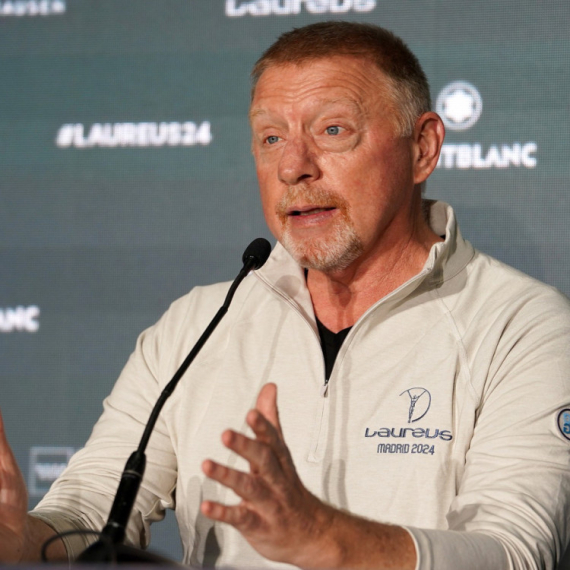

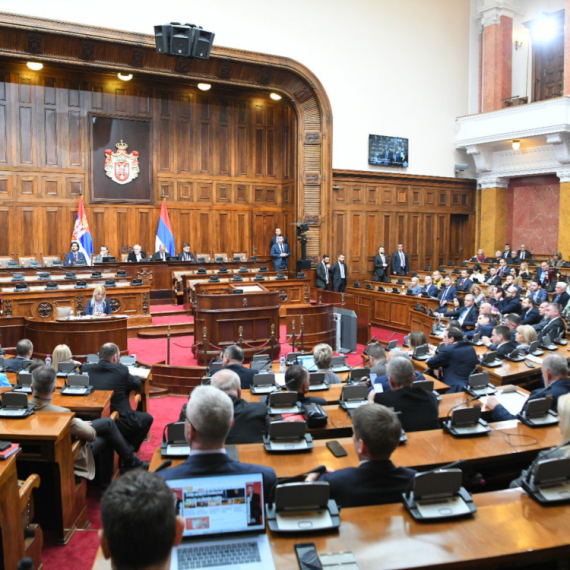

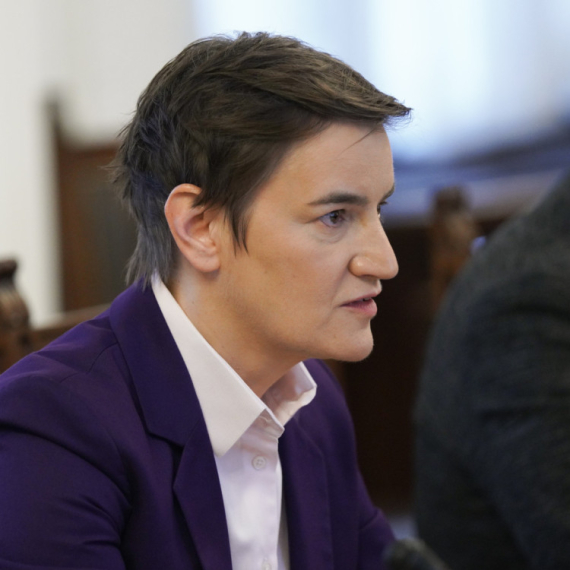

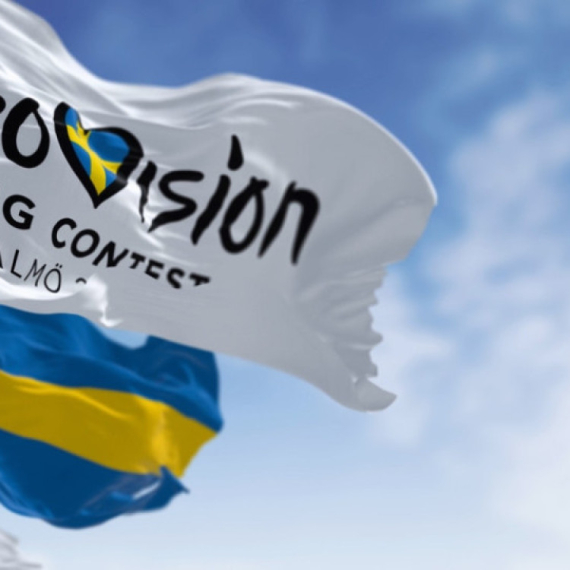

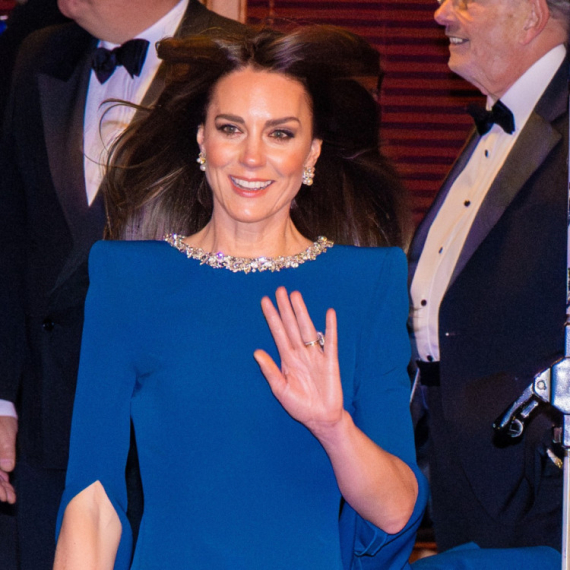
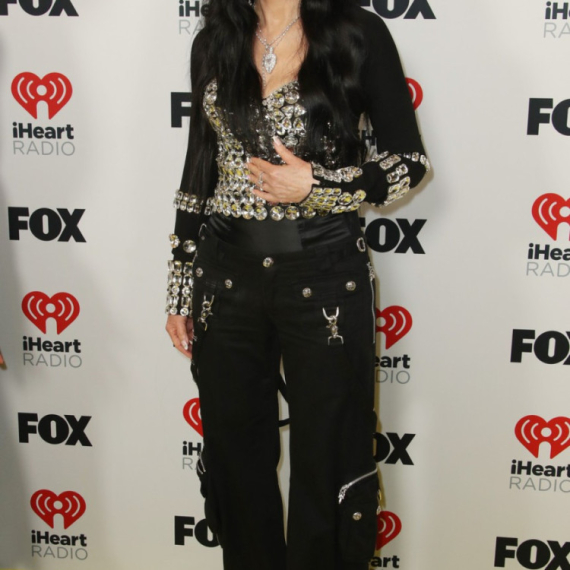


























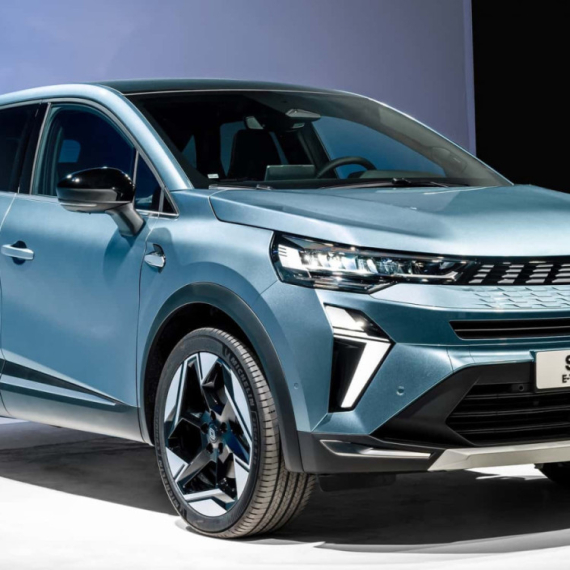

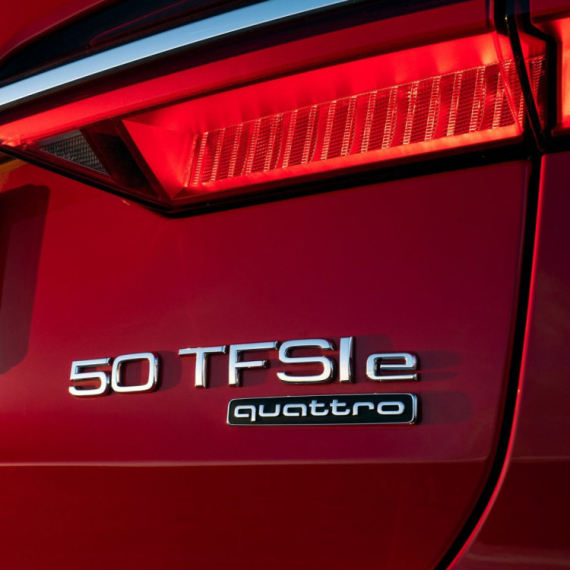
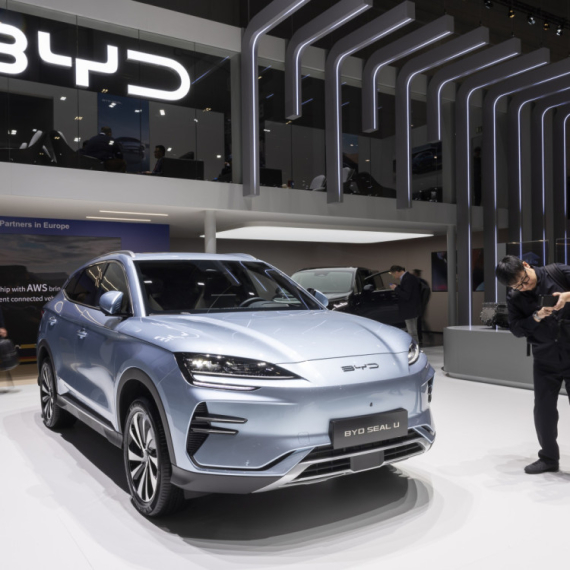

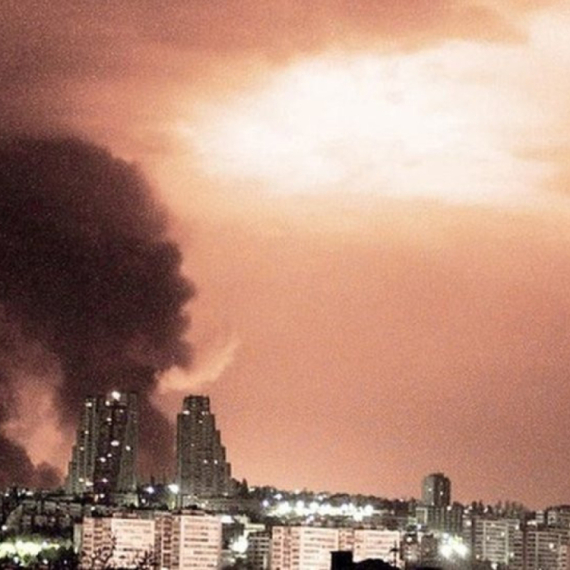
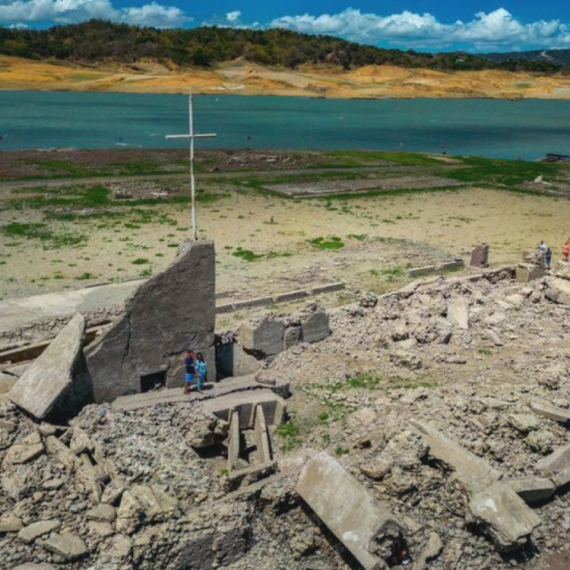



Komentari 1
Pogledaj komentare